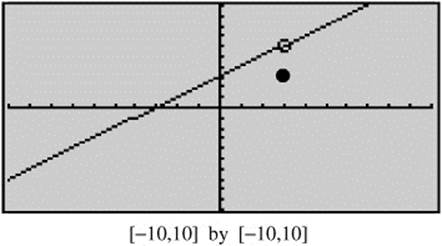


For example, at one time it was naively thought that a continuous function was one whose graph could be drawn without taking pencil from paper.

During this time, the notion of "continuity" was also being articulated as the analytic property of a function that reflected any "smoothness" in its graph. This anonymized visitor and browsing information is stored in Google Analytics.Īny changes we may make to our Cookie Policy in the future will be posted on this page.In the years after Newton and Leibniz promulgated the calculus, a rigorous definition of the limit was evolving. The cookies collect information in an anonymous form, including the number of visitors to the website, where visitors have come to the site from and the pages they visited. We use the information to compile reports and to help us improve the website. _ga_UA-#: These cookies are used to collect information about how visitors use our site.cookieconsent_status: This cookie is used to remember if you've already dismissed the cookie consent notice.locale: This cookie is used to remember your locale and language settings.registrarToken: This cookie is used to remember items that you have added to your shopping cart.JSESSIONID: This cookie is used by the application server to identify a unique user's session.
Extended continuity calculus update#
We may update the information contained in this section from time to time. The list below identify the cookies we use and explain the purposes for which they are used.
Extended continuity calculus how to#
To find out more about cookies, including how to see what cookies have been set and how to manage and delete them please visit. Most web browsers allow some control of most cookies through the browser settings. The information these cookies collect may be anonymized and they cannot track your browsing activity on other websites. For instance, a functional cookie can be used to remember the items that you have placed in your shopping cart.

These cookies do not collect information that identifies a visitor. We use this information to improve our websites and to aid us in investigating problems raised by visitors.


 0 kommentar(er)
0 kommentar(er)
